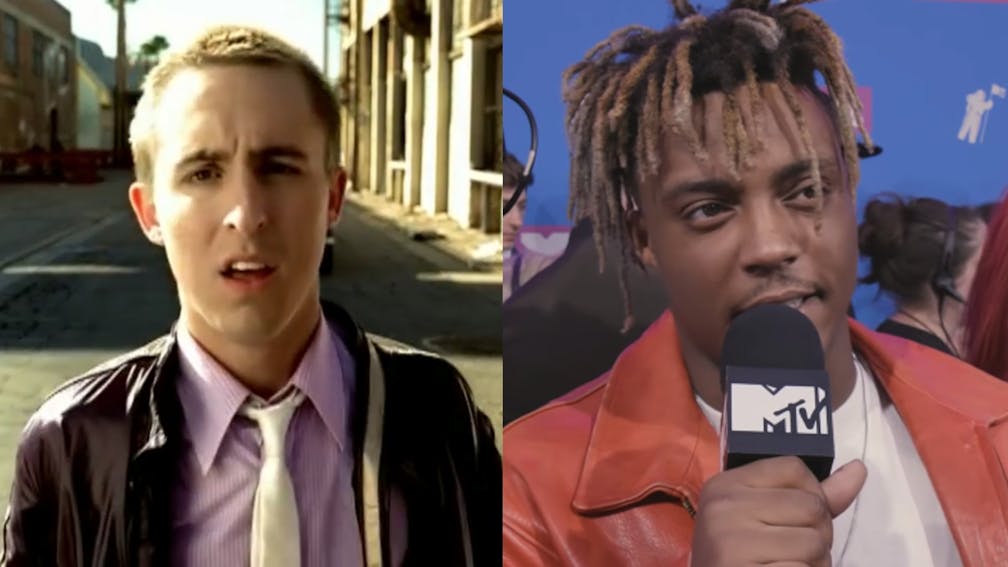Yellowcard’s Lawsuit Against Juice WRLD Has Been Put On Hold
A judge has paused Yellowcard's lawsuit against recently-deceased rapper Juice WRLD.

Last October, pop-punks Yellowcard filed a multi-million dollar lawsuit against Juice WRLD for copyright infringement, claiming that the rapper’s hit Lucid Dreams copied the melody from Yellowcard’s Holly Wood Died. The lawsuit has now been paused by the judge until a representative for Juice WRLD’s estate can be appointed, according to documents obtained by Pitchfork.
The now-disbanded Florida band is asking for $15million in damages and co-ownership of Lucid Dreams, which currently has over a billion streams on Spotify. Among the co-defendants named in the suit are co-writer Danny Lee Snodgress, Jr. (who goes by Taz Taylor), producer Nick Mira, BMG Rights Management, Grade A and Interscope Records.
Juice WRLD died at the age of 21 on December 8, with the cause of death ruled as an accidental overdose. The next day, Yellowcard extended the deadline for the defendants to respond from December 9, 2019 to February 4, 2020. United States District Judge Consuelo B. Marshall ordered both parties to notify the court if “substitution of the proper party” was needed, according to Pitchfork. The defendants asked for a stay until the estate appointed a representative. The judge has set April 13 as the deadline for a status update.
The basis of Yellowcard’s claim is that Juice WRLD, born Jarad A. Higgins, had cited as an influence Fall Out Boy’s 2005 album From Under The Cork Tree, which had the same producer as Holly Wood Died, Neal Avron. The lawsuit also says that because of Juice WRLD’s age and familiarity with emo and pop-punk, he would have been exposed to Yellowcard’s work, particularly the album Lights And Sounds, which contains the track Holly Wood Died.
Lucid Dreams samples Sting’s Shape of My Heart, which its creators licensed, but the lawsuit claims that it infringed on Holly Wood Died as well.
Yellowcard’s lawsuit alleges that the 2018 hit is “not only substantially similar to [Holly Wood Died], but in some places virtually identical.” The band's lawyer, Richard Busch, also represented Marvin Gaye’s estate in the Blurred Lines case (in which the estate won $5million). “This was not a lawsuit the guys wanted to file,” Richard said. “They put all of the parties on notice to try to resolve it. That notice was pretty much ignored leaving them with no real choice. As alleged in the complaint, this is not just a generic emo rap song, but is a blatant copy of significant original compositional elements of Holly Wood Died in several respects.”
The lawsuit goes into the similarities between the notes in the melodies, particularly in the first verse of each song. The suit claims that 18 notes in the verse of Lucid Dreams match the pitch and synchronicity of notes in Holly Wood Died. It also mentions the use of a melisma, when different notes are used to sing one syllable, alleging that Lucid Dreams and Holly Wood Died both include a melisma which goes from the notes C to A at the end of the line.
READ THIS: How emo rap has redefined rock music